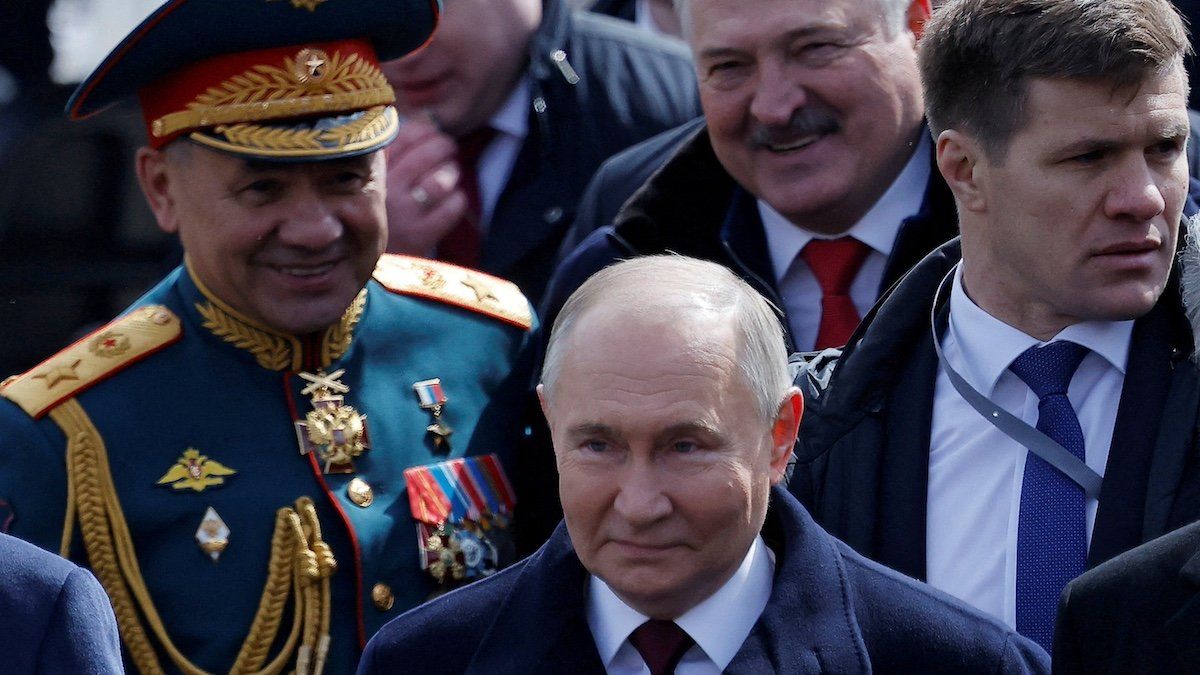FILE PHOTO: Participants, including Russian President Vladimir Putin, Defence Minister Sergei Shoigu and Belarusian President Alexander Lukashenko, attend a military parade on Victory Day, which marks the 79th anniversary of the victory over Nazi Germany in World War Two, in Red Square in Moscow, Russia, May 9, 2024.
REUTERS/Maxim Shemetov/File Photo
Russian President Vladimir Putin has announced significant changes to his senior military and political leadership as he begins his fifth term, including the reassignment of powerful Defense Minister Sergei Shoigu.
Shoigu will transition to become secretary of Russia's national security council, replacing Nikolai Patrushev. Andrei Belousov, currently deputy prime minister with a background in economics but no military experience, has been proposed as the new defense minister.
Rather than firing Shoigu, Putin has offered his longtime ally a soft landing, says Eurasia Group analyst Alex Brideau. Brideau says the move is “a reflection that Putin thought he needed a change at defense.” But rather than an outright snub, it’s also an example, he says, of how rarely Putin outright fires those who have demonstrated long-term loyalty.
According to Kremlin press spokesman Dmitry Peskov, the appointment of Belousov emphasizes the need for “innovation” in the role. Philip Ingram, a former British military intelligence colonel and NATO planner, believes that the shuffle allows Putin “to keep Shoigu on side,” while bringing in a civilian better able to deal withthe impact of corruption in the Defence Ministry. Others have described the shift as a sign that Putin wants to put the war in Ukraine on an “economically sustainable footing” – something an economist like Belousov might be better positioned to do.